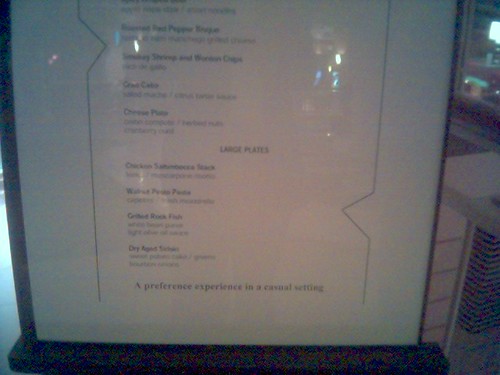And our bounden duty.
A couple of months ago, Micah emailed me the link to this page, which I promptly forgot about until a recent spasm of emailbox-cleaning. From my exalted position as Writing Director at Seabury (“no benefits, just more responsibilities”), I have several reactions to the article and its attendant comments. First, I approve — generally — of the list of desiderata for students assignments. I don’t want to think of them as “rights”; that terminology engenders too much murky thinking. They do, however, comprise a very good list of desirable features for writing assignments, and I try to observe many of them.
The comments note that teachers vary in the ways they apply their standards; one awkward element in the frustrating knot involves teachers who lack all but the basic (and in some cases, “even the basic”) skills for assessing written expression. I’ve encountered their writing in my role as editor; I can’t begin to imagine how these impaired writers evaluate students’ papers. When a student encounters varying evaluations from teachers with varying capacities, what sense can the student make of the divergent sets of comments? Why should the student not trust the more favorable, more charitable grades and comments?
And while I’m at it: Stephen Downes linked to a post on Creating Passionate Users, which argues that more sources should use more graphics to communicate more effectively. Amen, and Amen. But as with ill-composed writing, so with ill-composed graphical communication: just putting something out there doesn’t imply that it will contribute to getting a message across. Too often, people feel obligated to throw kitchen-sink graphic communication into presentations with no regard whatever to whether the images contribute to clear communication of particular ideas. Imagine if one did that with words! (Sadly, too many of us need not “imagine” such a circumstance, since we’ve seen and heard arguments that seem to have been composed with random words thrown in for seasoning.)
If what you write, or if the images you use for graphical communication, do not contribute to expressing clearly and precisely the message you’re hoping to convey — then don’t confuse and distract your readers with pointless, vague, superfluities.* Communicating is a difficult enough task without further complicating it with noise.
* I don’t mean you should never allow your reader to relax a bit, or never digress, or never entertain. We should, however, assess such indulgences with a pretty rigorous criterion of whether they contribute to communicating the greater message. (I’m looking at you, preachers who include irrelevant shaggy dog stories in your sermons.) Sometimes readers benefit from a light distraction, an opportunity to relax their concentrated attention. More often, distractions attenuate the focus of one’s rhetoric and diminish the effectiveness of the entire presentation — especially when the presenter hasn’t maintained a taut focus to begin with.
Continue reading “Very Good and Write”


